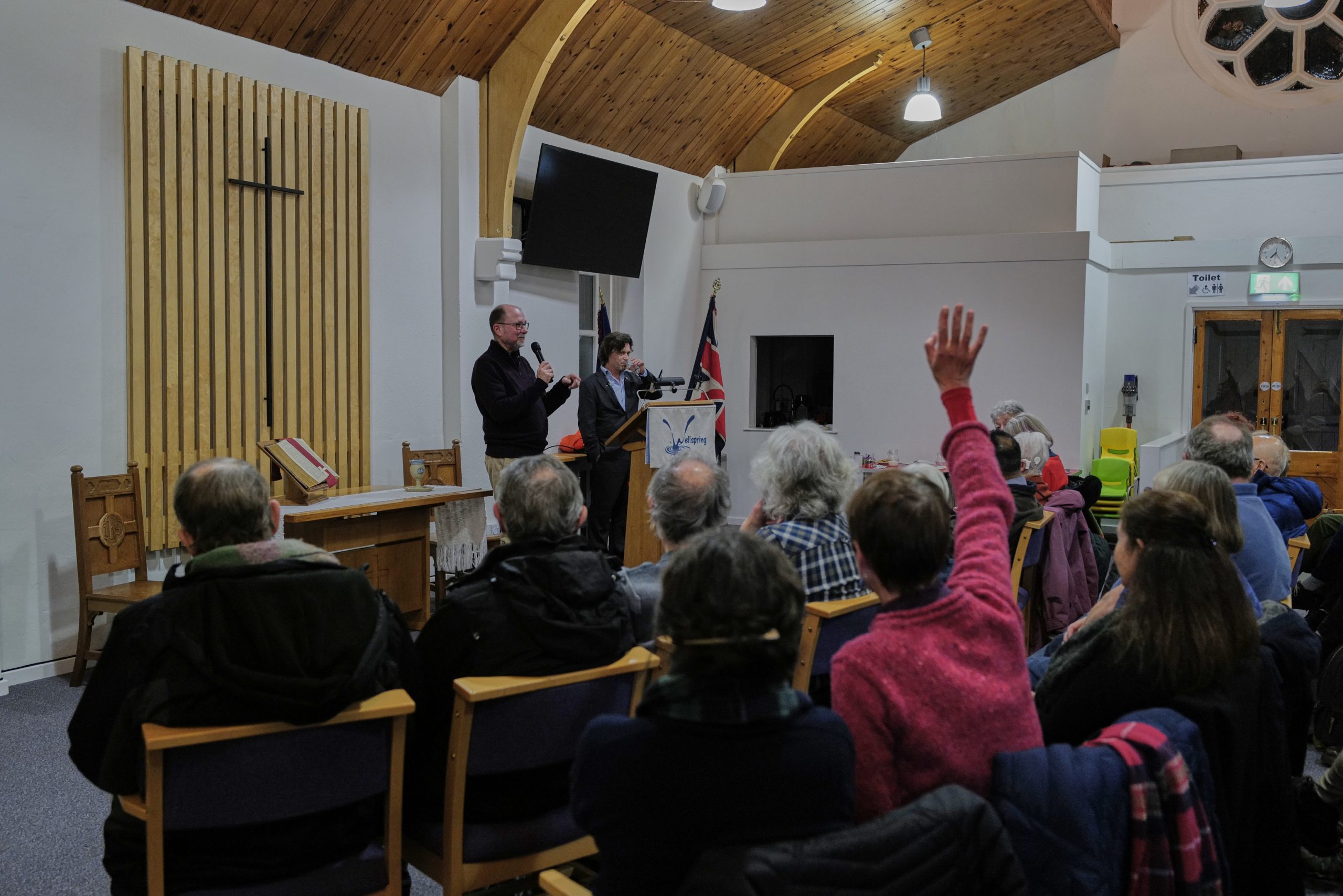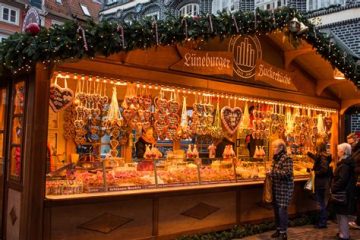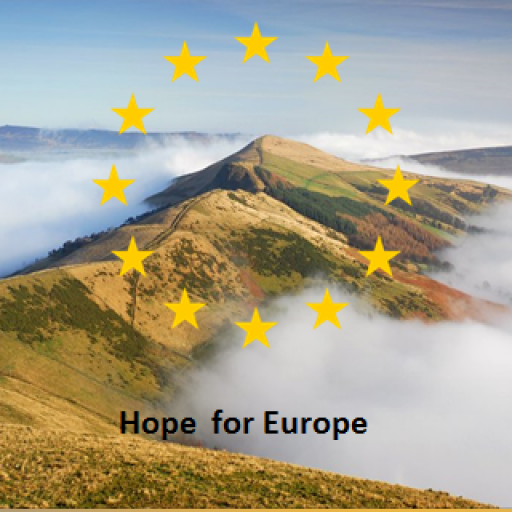We may no longer be a member of the European Union, but we’re certainly still celebrating European culture. That’s just what happened on the weekend of 18th and 19th May at London’s British Library. Thirty European writers came together to present their work, thanks to the indefatigable Rosie Goldsmith and her team, who organised the festival, and a superb group of chairs who introduced and guided the nine panels. The overarching festival theme was Transformation and this was explored through the panels’ different prisms, Change and Conflict, Transformation through Translation for example, though the themes overlapped, and the writers often ranged across several topics. It was such a pleasure to hear them read from their work, and an intensely emotional experience too: we laughed at Kristian Bang Foss’ reading of a visit to IKEA from Death Drives an Audi, and were quietly moved by Dean Atta’s poem on mourning his grandfather No Ascension, from the collection There is (still) love here.
The question of identity came up early on, when the first panel were asked what being European meant to them. Nora Ikstena from Latvia replied safety, solidarity, and Ioana Pârvelescu from Romania said freedom—when Romania was in the communist Eastern bloc they couldn’t travel or cross borders. Elisa Victoria from Spain said European literature was her favourite reading, but qualified her European identity by saying she felt she come from Southern Spain, geographically close to North Africa. It was clear through the sessions that many of the writers had multiple identities, especially those who’d crossed borders and lived in different cultures. I was interested in Sasha Salzmann’s comment that national identity was just not a thing in the multinational Soviet Union—it was only after they’d left Russia in the early 90s that they became aware of nationhood.
Several writers spoke of their identity as bound up with their language. Nora Ikstena said I live in my language and Jordi Larios reminded us that the Catalan language was suppressed under Franco until his death in 1975. He still feels its fragility: it’s the language of a stateless nation…on the brink of extinction and read his poetry in both Catalan and English, from a dual-language edition. Kristiina Ehin from Estonia was equally passionate about her unique language that’s spoken by fewer than one million people. Her parents were poets, she grew up immersed in a poetry bubble, and came to the front of the stage to read her poetry in English translation, her quiet voice and measured pace holding us spellbound.
One of the most exciting panels for me came on the Sunday, Transforming Historical Narratives. I’d read French writer Anne Berest’s La Carte Postale and was keen to hear her talk about her choice to fictionalise her family story. The chair commented that the whole idea of the European project was to draw a line under the two devastating 20th century world wars, that project strengthened by the accession of the former Soviet bloc countries 20 years ago. Yet violence and war has continued, viz the Russian aggression and invasion of Ukraine. He asked whether writers of historical fiction felt a burden of responsibility, whether they felt they were carrying the weight of history. Tomas Vaiseta from Lithuania said literature acted as a moral and legal witness to history, also an aesthetic witness. Anne Berest said she wrote her novel for the younger generation, deliberately writing in accessible language. Margo Rejmer from Poland described the efforts and difficulties she’d found in getting Albanian people to open up, to give her more than uncontested facts about living in the most closed communist society in Europe.
Then there was the question about fictionalising history. Anne Berest gave a pragmatic reason, saying this was to make her account less boring, for example by condensing the visits to her grandparents’ village, which actually took place over four years, into one day. Tomas Vaiseta said that when you look at the past, you always encounter a wall, a wall of things lost forever. But literature is a ghost: it can go through that wall. I love this metaphor. And I also loved what Slovenian writer Sebastian Pregelj said in the session Breaking Boundaries: that he hoped their works function as the bricks in the bridges between them.
I came to the festival keen to hear writers from languages and cultures I know: German, French and Spanish. I wanted to find out more about writing from places I know less well, but am interested in: Poland, the Baltic States. What I hadn’t really anticipated was being blown away by the passion of a poetry reading, by a quick comment here and there that got me thinking (the difference between magical realism and Central European surrealism), by readings that transported me to places I’ve never visited, Yugoslavia one minute, Stockholm the next. Attending this festival has been a great reminder of the huge range and variety of European culture and experience as well as the determination to share, to learn and to build bridges between us.



0 Comments